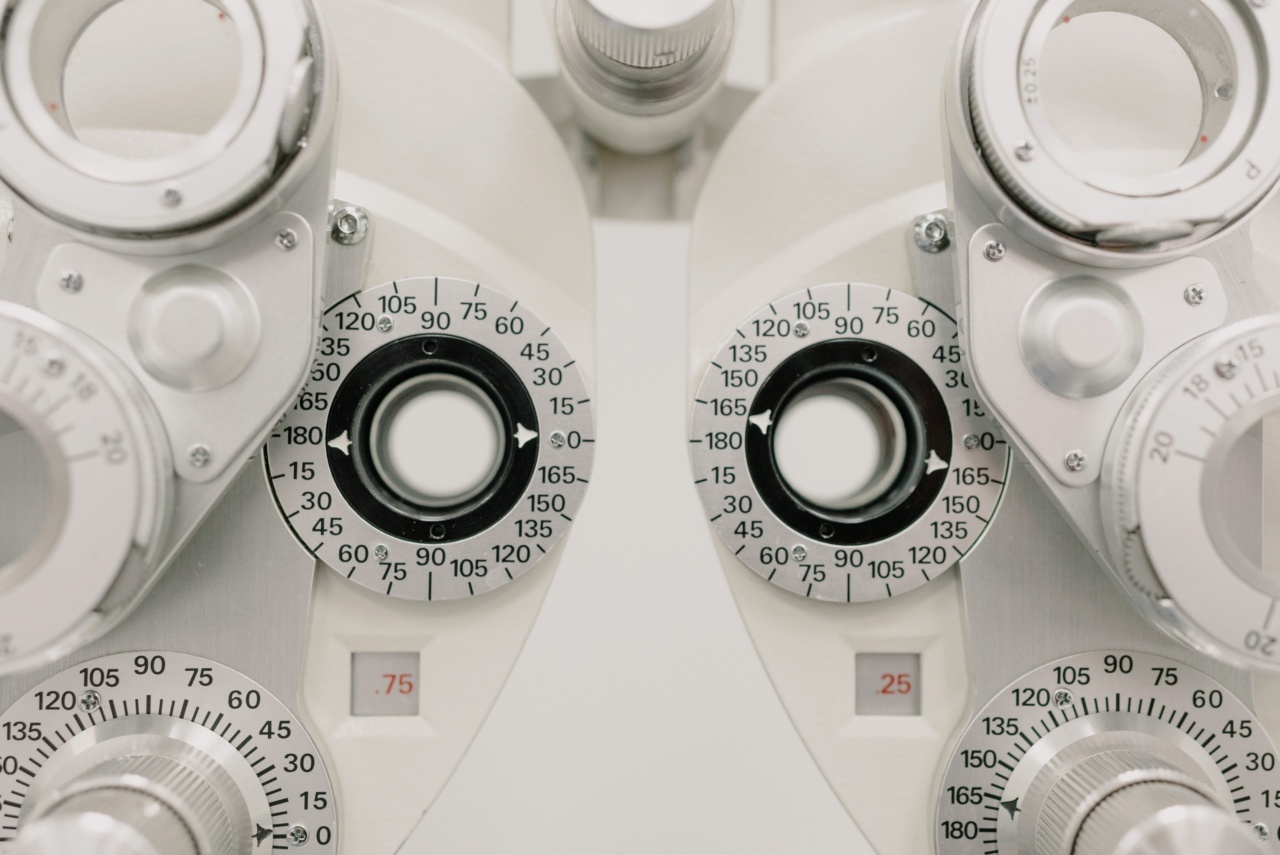Pregnancy is a life-changing experience that brings joy, excitement, and anticipation to the lives of many women. As soon as a woman suspects she might be pregnant, one of the first steps is usually to take a pregnancy test.
With the advancement of technology, self-pregnancy tests have become widely available and easily accessible. These tests are designed to detect the presence of the hormone human chorionic gonadotropin (hCG) in a woman’s urine, which is produced during pregnancy.
However, it is important to understand the accuracy of these self-pregnancy tests to make informed decisions about the results they provide.
Types of Self-Pregnancy Tests
There are two main types of self-pregnancy tests available on the market – urine tests and blood tests. Urine tests are the most common and convenient option for most women.
These tests typically involve peeing on a stick or holding the test’s absorbent tip in the urine stream. Blood tests, on the other hand, are usually conducted at a healthcare provider’s office. These tests measure the level of hCG in a woman’s blood and can provide more accurate results.
How Do Self-Pregnancy Tests Work?
Self-pregnancy tests work by detecting the presence of hCG, a hormone produced by the developing placenta after fertilization. The hormone can be detected through urine or blood, depending on the type of test being used.
Once the urine or blood sample is collected and applied to the test kit, it interacts with chemicals or antibodies that are specifically designed to react with hCG. If hCG is present, the test will display a positive result.
Accuracy of Urine Self-Pregnancy Tests
Urine self-pregnancy tests are widely available and can be easily conducted at home. While their convenience is undeniable, it is important to note that not all tests are created equal, and their accuracy can vary.
The accuracy of urine self-pregnancy tests largely depends on the sensitivity of the test and how well the instructions are followed. Sensitivity refers to the test’s ability to detect low levels of hCG.
Most urine self-pregnancy tests claim to provide accurate results as early as the first day of a missed period. However, research suggests that the accuracy of these tests increases with time.
A study published in the American Journal of Obstetrics and Gynecology found that self-pregnancy tests had an accuracy rate of around 97% on the first day of a missed period. This accuracy increased to 99% after one week of a missed period.
It is important to keep in mind that there are certain factors that can affect the accuracy of urine self-pregnancy tests. These factors include:.
- Testing too early: Taking a test too early, before the hCG levels have had a chance to rise, can result in a false negative. It is generally recommended to wait until after a missed period to take a urine self-pregnancy test for the most accurate results.
- Improper usage: Not following the instructions provided with the test can lead to inaccurate results. It is crucial to read and follow the instructions carefully, including the timing and interpretation of the results.
- Expired or faulty tests: Using expired or faulty test kits can also lead to inaccurate results. It is essential to check the expiration date before using a self-pregnancy test and ensure the test has been stored properly.
Accuracy of Blood Self-Pregnancy Tests
Blood self-pregnancy tests, also known as quantitative blood tests or beta hCG tests, are typically performed by healthcare professionals in medical settings.
These tests measure the exact amount of hCG in a woman’s blood, providing a more accurate result compared to urine tests. Blood tests can detect pregnancy earlier than urine tests, as the hCG levels are higher in the bloodstream than in urine.
The accuracy of blood self-pregnancy tests is generally considered to be higher than urine tests. According to the American Pregnancy Association, blood tests can detect pregnancy as early as 6-8 days after ovulation.
They have an accuracy rate of over 99%.
Importance of Confirming Pregnancy
While self-pregnancy tests can provide a quick and convenient way to determine if you are pregnant, it is important to confirm the results with a healthcare professional.
A healthcare professional can perform a clinical pregnancy test, which involves conducting a blood test or an ultrasound to confirm the presence of pregnancy.
Confirming pregnancy with a healthcare professional is especially important if you have received a negative result on a self-pregnancy test but still suspect you might be pregnant.
False negatives can occur if the test is taken too early or if the hCG levels are too low to be detected by the test kit.
Seeking Medical Advice
If you suspect you are pregnant or have received a positive result on a self-pregnancy test, it is crucial to seek medical advice as soon as possible.
A healthcare professional will be able to provide comprehensive prenatal care, guide you through the various stages of pregnancy, and address any concerns or questions you might have.
Conclusion
Self-pregnancy tests can provide a quick and easily accessible way to determine if you are pregnant.
However, their accuracy is dependent on various factors, including the sensitivity of the test, following the instructions correctly, and testing at the right time. While urine tests are widely available, blood tests tend to be more accurate, detecting pregnancy earlier with higher precision.
It is important to confirm the results of self-pregnancy tests with a healthcare professional to receive proper prenatal care and guidance throughout your pregnancy journey.




























